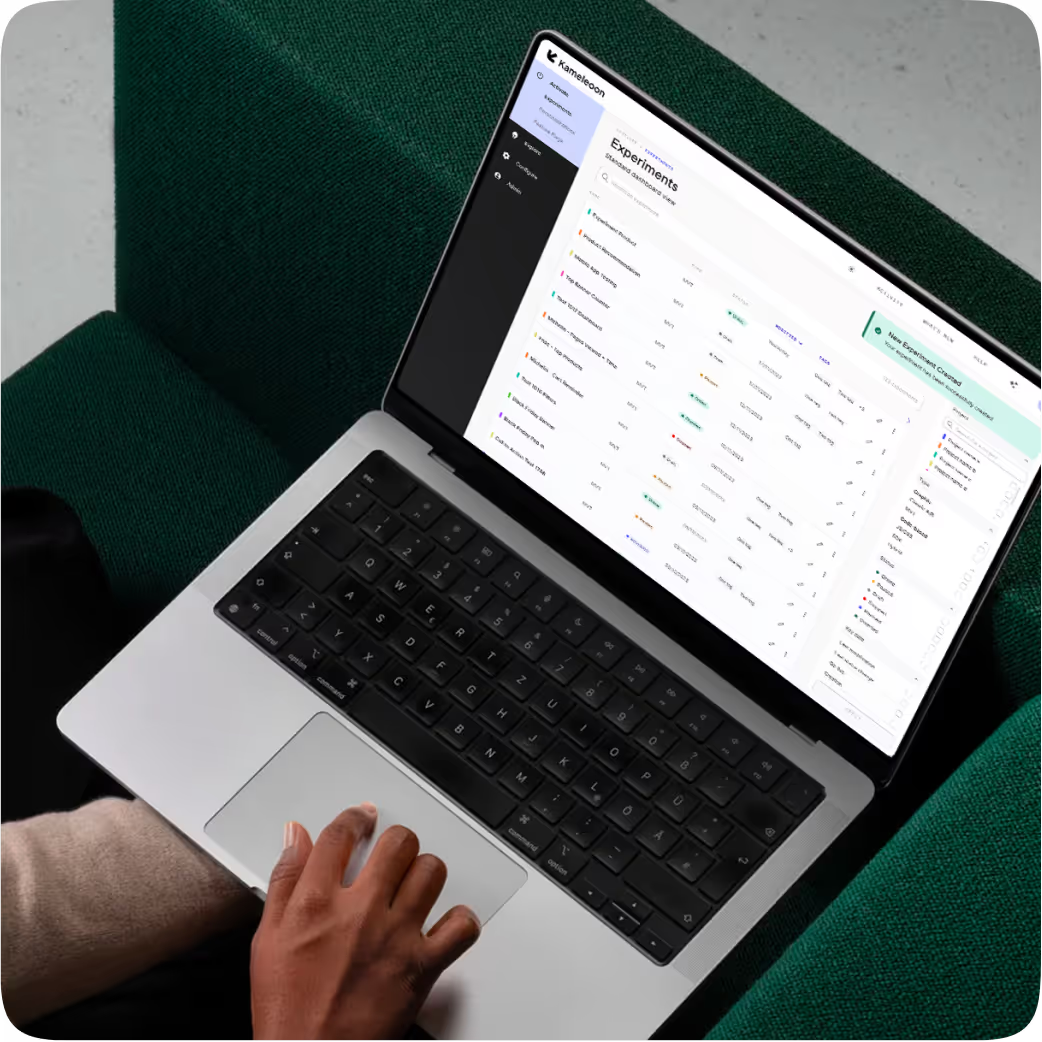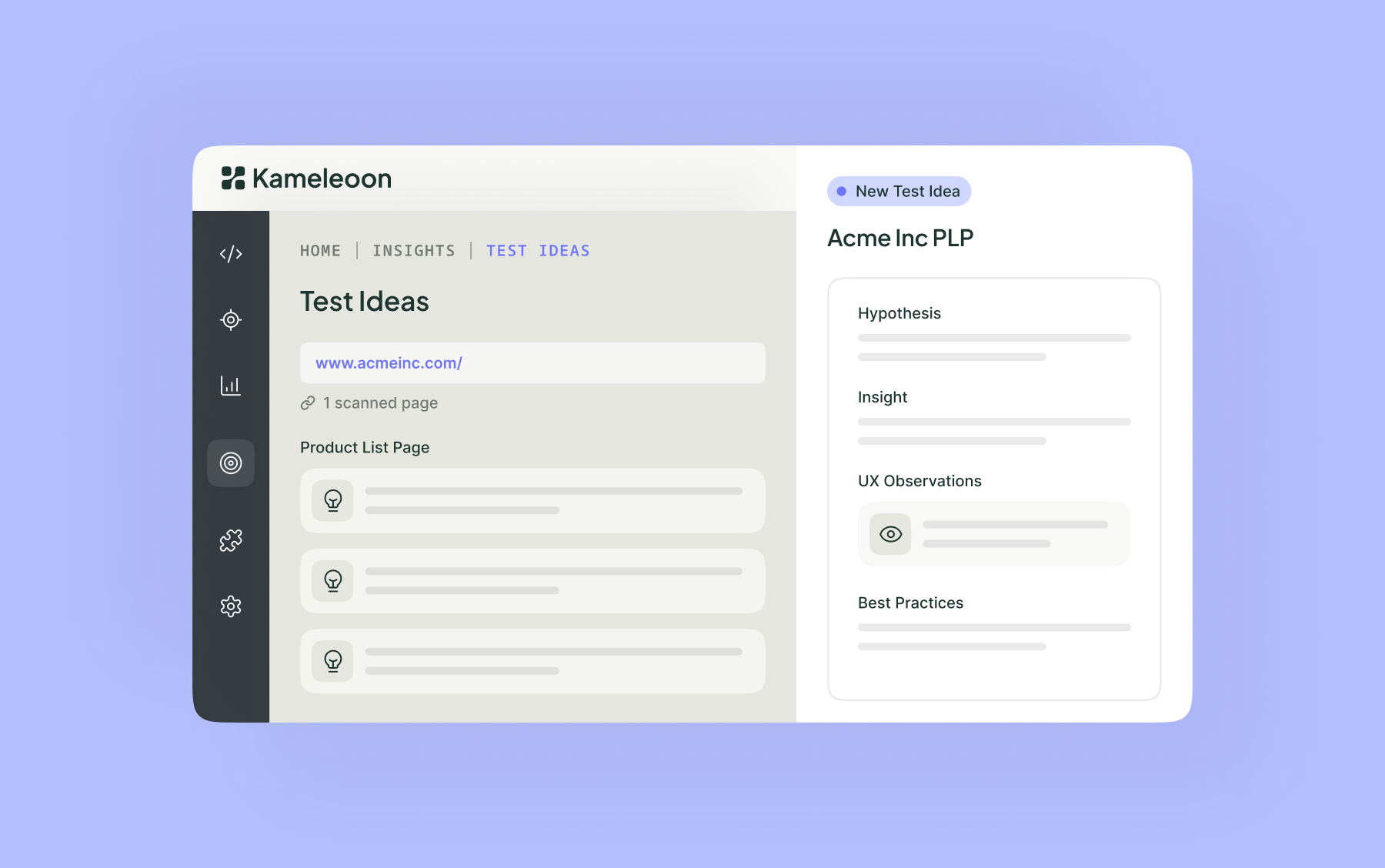23 Experts share bold predictions for experimentation in 2024

“We needed a way to assess visitor interest more accurately. With manual scoring, lead quality was too low. We chose Kameleoon for its AI, which precisely targets visitors based on their interest in our cars.”

Caroline Josse
Head of Marketing Digital & Acquisition at Toyota
“This campaign shows the multiple benefits of artificial intelligence for personalization. Toyota’s teams have been completely convinced by the performance of Kameleoon’s AI personalization solution and are expanding this approach across the customer journey.”

Caroline Josse
Head of Marketing Digital & Acquisition at Toyota
before ai





